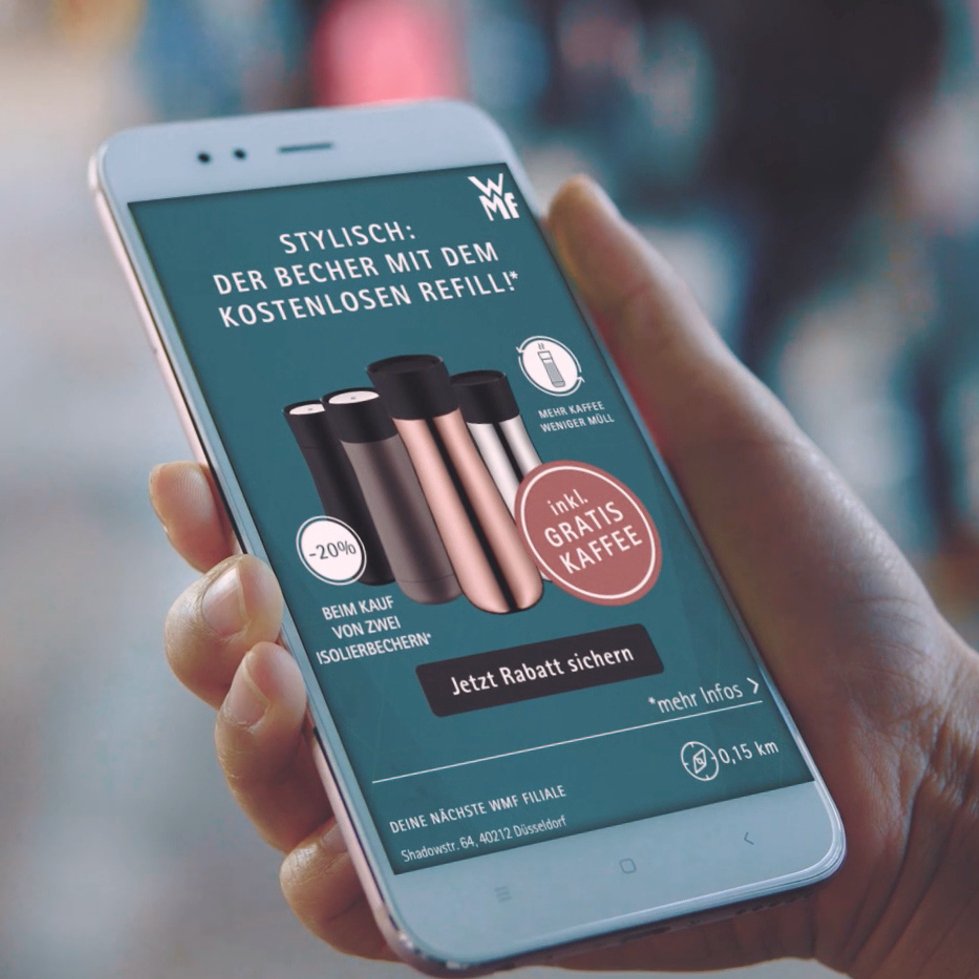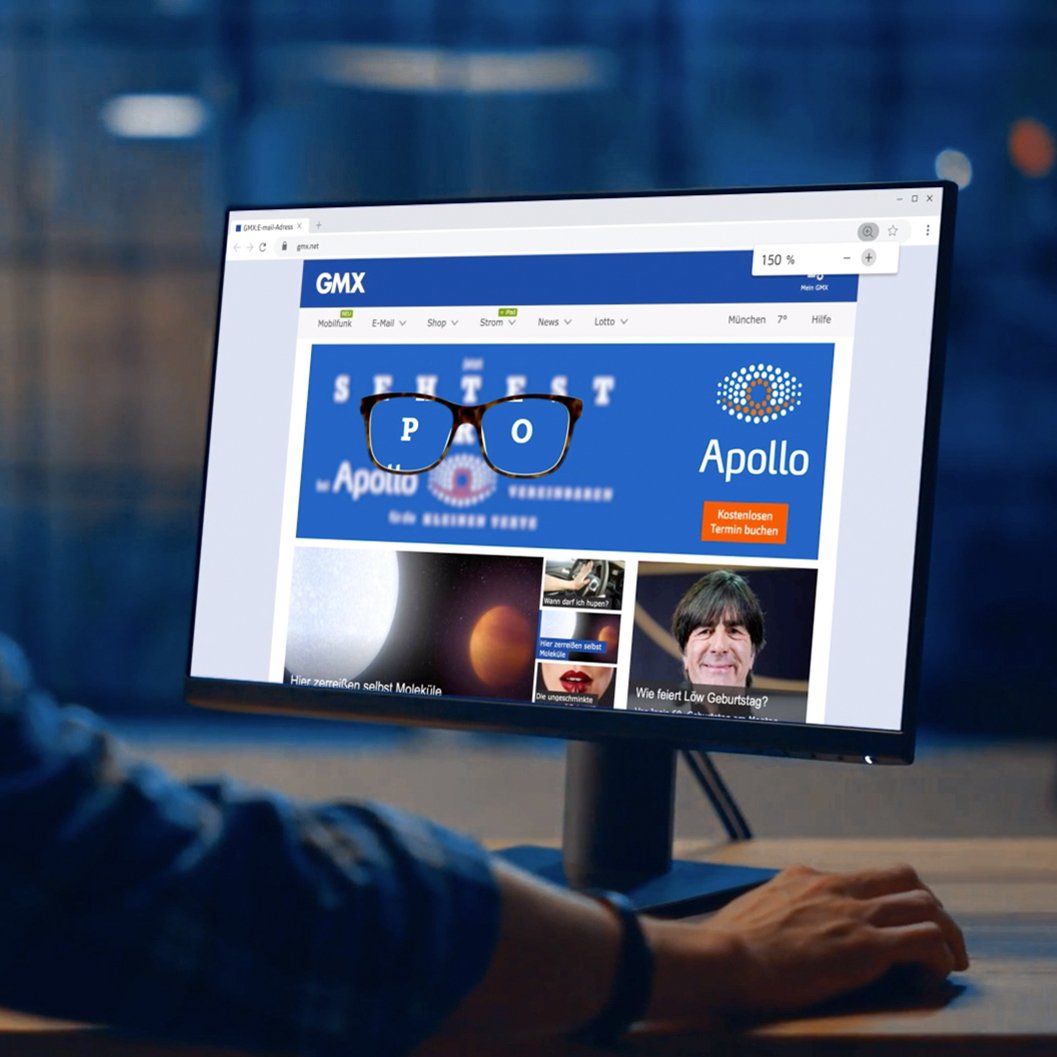© Serviceplan Group 2024
Welcome to Mediaplus
Driving innovation in the media industry
We are the world's leading independent media agency. With around 3,000 employees across 44 locations, we provide concentrated media expertise around the world. With an especially strong presence in Europe, we are not only present but also well established in North America, Asia and the Middle East. We offer tightly integrated media consulting, planning, and implementation, all from a single source, in real-time, with optimal performance.
Our current top topics
Rankings
Excellent media expertise
NO 1
RECMA Awards Ranking GERMAN
NO 6
Media Network of the year
Cannes Lions Creativity Report
NO 3
WARC Media 100
Agencies Overall
What's new at Mediaplus?
GROUP
Mediaplus Brands
We offer the following services to broaden your reach
From left to right:
Julian Simons
Julian Simons is in charge of the Data & Activation division and therefore the further development of the group’s digital strategy, both nationally and internationally. This includes consulting clients on the meaningful use of data, establishing data-driven media products and processes and the central visualisation and integration of all data sources. Under his leadership, products and processes are developed in which a variety of media data can be collected, analysed and – based on the defined KPIs – (programmatically) displayed and optimised in real time.
Matthias Brüll
Matthias Brüll is CEO of the Mediaplus Group. In this role he is responsible for the overall strategic management of the agency group in Germany and all other international locations. Brüll also represents the Mediaplus Group’s interests as a member of the Serviceplan Group holding company.
Esther Busch
Esther Busch is responsible for the Integration division. In this position, she not only oversees the development of the Mediaplus locations outside of Munich, but also ensures that Mediaplus is integrated into the entire Serviceplan Group, as well as into client work. Under her guidance, the processes, structures and tools of the Mediaplus agencies and companies are interwoven with those of the other agency groups in the House of Communication and customer strategies are developed in an integrated way by interdisciplinary teams from all of the HoC’s agency divisions.
Dr. Andrea Malgara
Andrea Malgara is responsible for the Buying & Operations division in which the processes, accounting processes and organisational structures of Mediaplus come together. As the central negotiation and contact person for all media and marketing partners in all operative business in Germany, Malgara is responsible for everything from inventory purchasing to the research activities and studies conducted by Mediaplus’ own research unit Insights.
Oliver Hey
Together with the Growth & Marketing division, Oliver Hey is responsible for all activities associated with new business and marketing, including the strategic definition and addressing of target clients across all agency divisions. Sharpening the profile of the Mediaplus brand among clients, marketers and auditors is just as much a part of Hey’s remit as the marketing of all agency disciplines and services, as well as the optimisation of pitch processes.
Barbara Evans
Barbara Evans is responsible for all things Strategy & International. As a thought leader in future consumer expectations, media consumption and customer journeys, she manages a seamlessly integrated and diversified team of experts with different skillsets. Together with Matthias Brüll, Evans’ task is to translate the services of this expert team in an international context, without losing sight of the specific circumstances within the various regions.

WE WANT YOU
Your Career Plus
Are you a media enthusiast who thinks outside the box? Do you use valid research results in your work to get the best possible results for clients? Are you ready to be part of an award-winning success story?



































